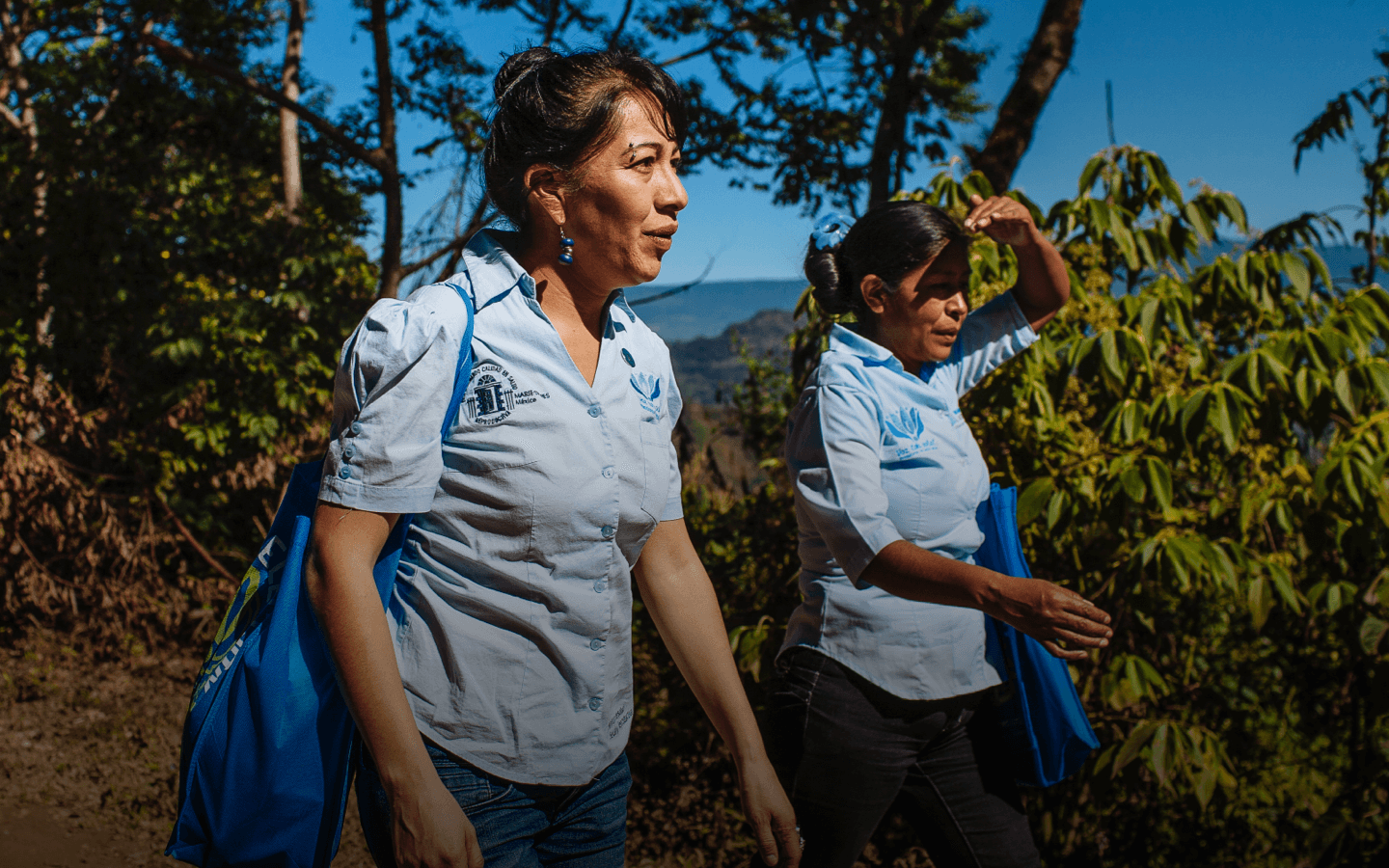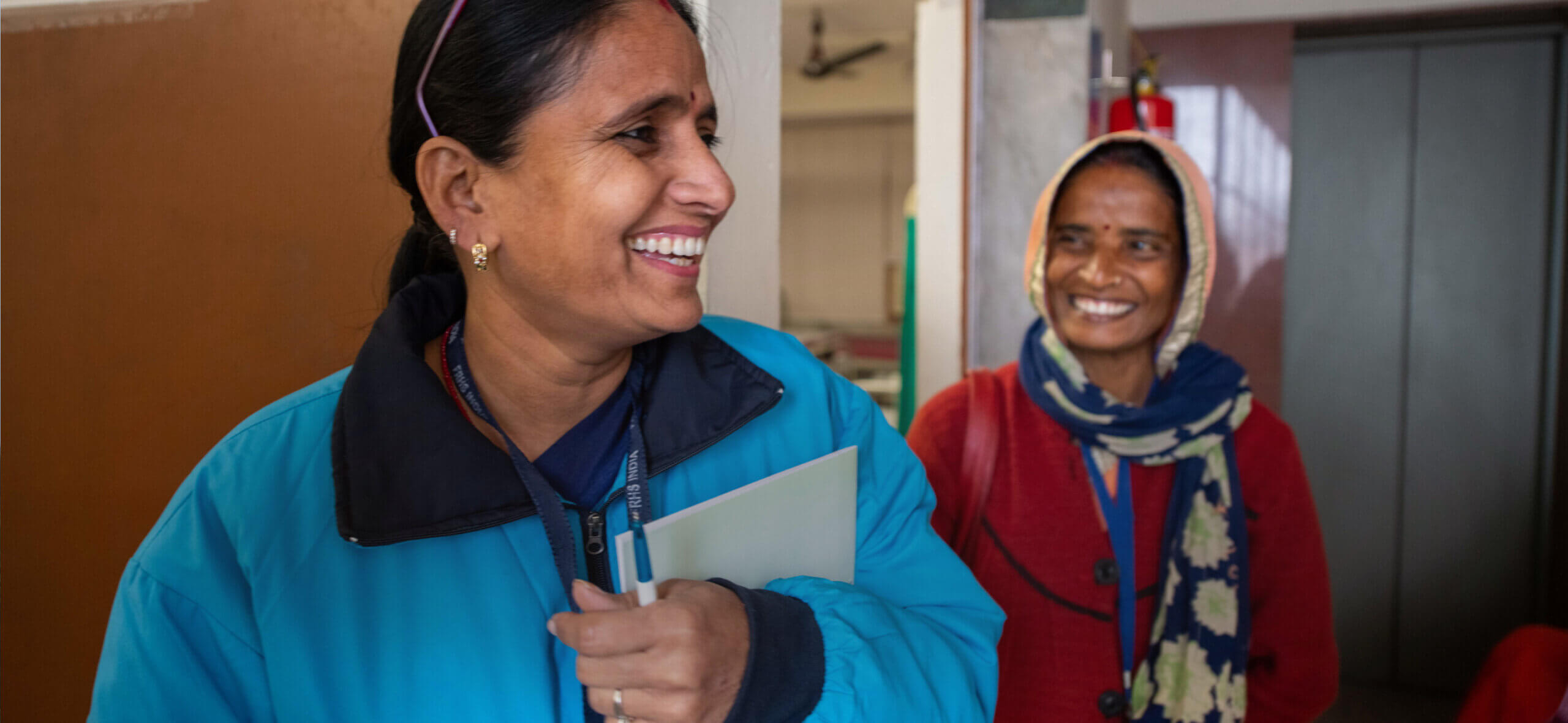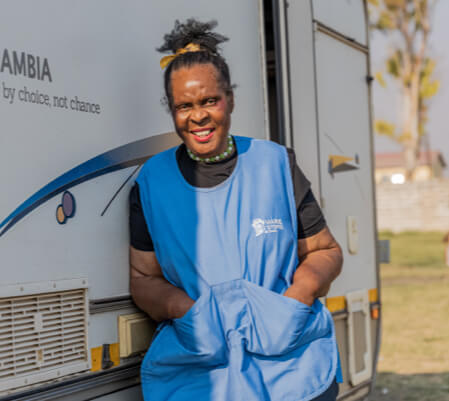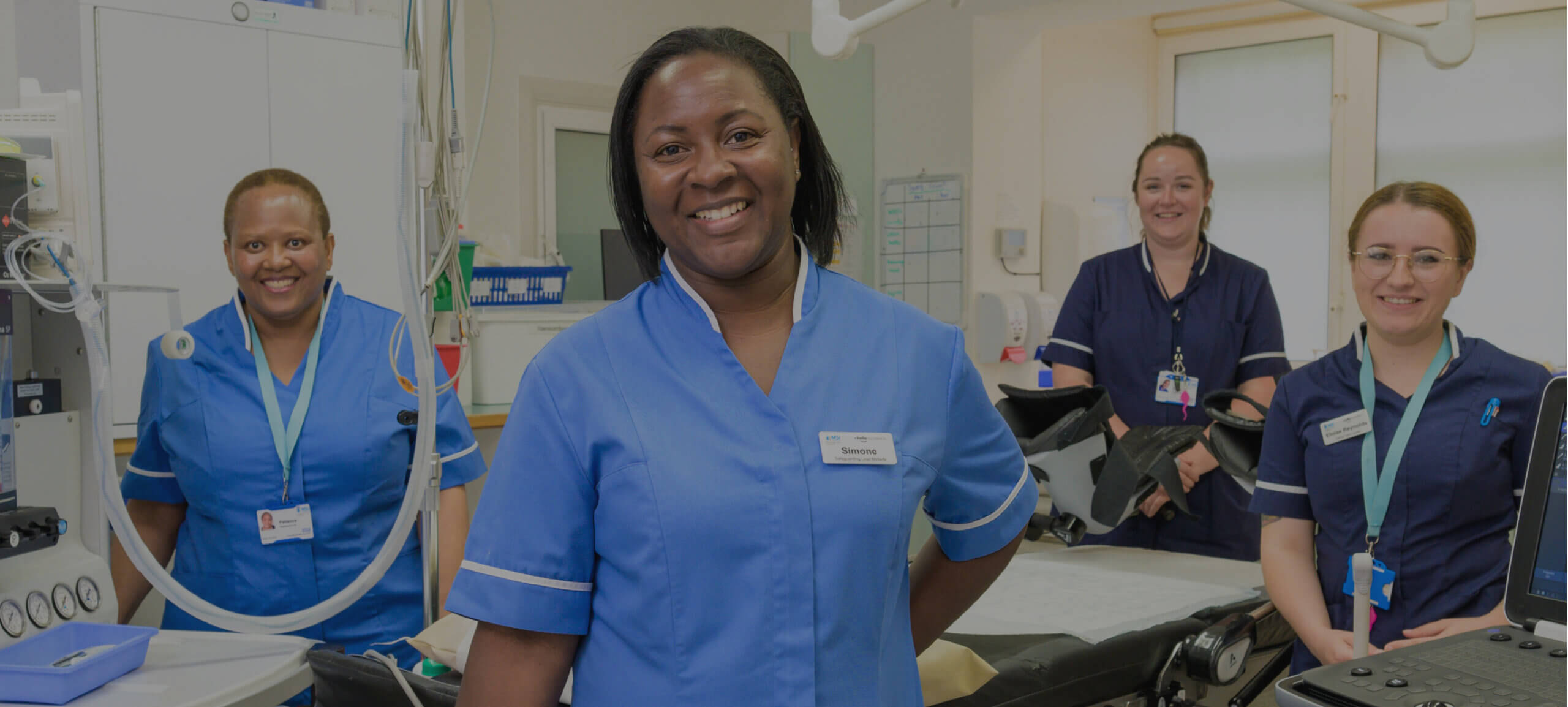Sleepovers for services
Free mobile outreach programs—where our teams travel into remote and underserved communities to provide reproductive choice—have provided abortion services to over 100,000 women in the past five years, in areas where services have previously been limited or non-existent. We’ve been adapting, testing, and scaling different outreach models, and one successful approach has been implementing ‘sleepovers’. A team of healthcare providers remains at the service delivery site overnight so women who are unable to come for a service during regular daytime hours (for example, because they cannot leave work, have daytime childcare obligations, or they don’t want to be seen) can access the care they need.











